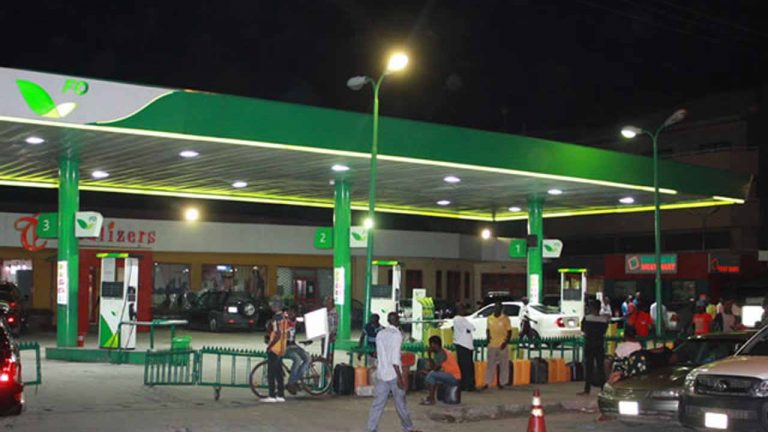Forte Oil, on Friday, presented its audited financials for the year ended December 31, 2018, ahead of the statutory deadline on March 31, 2019, indicating that all may not be too well, given the fact that although revenue from sale of petroleum products rose by 56.33% between 2017 and last year, but net profit suffered 31.75% decline, owing to increased operating costs in the period.
Also, note that the group’s 2017 figures have been restated.
Revenue for 2018 increased by N48.539bn from N86.165bn in 2017 to N134.704bn, cost of sales increased by a faster N47.539bn, or 62.07% to N123.375bn, up from N76.122bn. A breakdown of the revenue and cost of sales showed that fuels contributed N123.104bn to total revenue from N78.821bn, for which it incurred N114.498bn in costs, as against N70.21bn. It was followed by the N35.005bn from power generation, which was slightly down from previous year’s N36.613bn, attracting N21.604bn in cost of sales, down from N23.648bn in 2017; just as revenue from lubricants and greases amounted to N13.721bn, down from N12.108bn, at a cost of N10.909bn, slightly less than the N10.401bn in 2017. Revenue from production of chemicals however increased to N2.552bn from N1.9bn, costing N1.356bn, as against N1.066bn. The group earned N141.036m from solar systems for the first time, for which it spent N119.973m.
A further breakdown of the numbers showed that Nigeria remained FO’s biggest turf, as it accounted for N172.262bn revenue and N146.387bn cost; compared to N2.262bn, N2.101bn.
Gross profit stood at N11.329bn, slightly better by N1.287bn or 12.82% than the N10.042bn of prior year, of which N25.875bn accrued from Nigeria, while N160.65m came from its Ghana operations
Other income dropped slightly to N1.579bn from N1.642bn, driven mainly by the
Freight income of N494.177m, which rose from N246.622m; which was followed by N466.362m throughput income, compared to N185.468m in 2017; among others. The throughput income, the company explained, “represents income earned on storage of products for the Pipeline Petroleum Marketing Company (PPMC) and other petroleum marketers in the FO’s Apapa tank farm during the period.
Distribution cost rose by 36.55% from N1.644bn to N2.245bn; while administrative expenses improved marginally to N7.984bn from N7.401bn. Operating profit therefore crawled to N2.679bn from N2.637bn.
Finance income stood at N1.21bn from N1.372bn; while finance cost climbed by almost N1bn to N3.04bn as against the N2.064bn of the 2017 financial year; resulting in net finance cost of N1.92bn, up by N1.228bn or 177.65% from N691.702m.
Profit before income tax from continuing operations dropped by N1.187bn, or 61.02% to N758.544m, compared to the previous N1.946bn; income tax expense fell from N633.612m to N397.073m. Profit after tax from continuing operations nose-dived from N1.312bn to N361.471m.
Profit after tax from discontinuing operations also declined from N10.913bn to N7.983bn, representing a N2.93bn or 26.85%. Profit for the year came to N8.344bn, down by N3.882bn or 31.75% from N12.226bn in 2017. Earnings Per Share dropped from N2.85 to N1.46 each.
Trending Today
Menu







